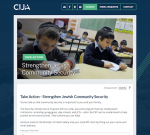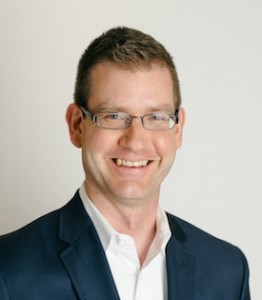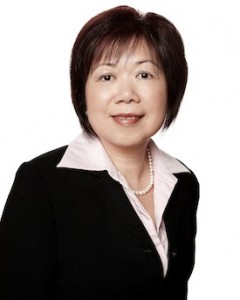Since the beginning of the pandemic, we have been confronted by two viruses: COVID-19 and, in its wake, the rampant spread of online hate.
As much of the world has been forced indoors, our time on the internet using social media has increased, which has advantages. We have found new ways to engage, stay in touch with our loved ones, and maintain and transform our connections to our workplaces and the world.
But the same technologies that have allowed us to keep connected have also served as springboards for the spread of online hate and conspiracy theories, which form the perfect Venn diagram of antisemitism. Since the pandemic broke, we have witnessed the emergence of ludicrous conspiracy theories accusing Jews of being responsible for the spread of COVID-19 or of profiting from the havoc. As a community that has consistently encouraged compliance with public health measures, we may be tempted to dismiss these outlandish conspiracy theories as nonsense. It is a type of nonsense, however, that spreads quickly and remains a cause for great concern.
Recent history has taught us that what begins online as the absurd mutterings of a few haters can, and too often does, turn into real-world violence. What we witnessed in Pittsburgh, Christchurch and Halle can certainly happen again. The threat is even greater today because people are spending more time online while also under considerable financial and emotional stress, a combination that makes people even more susceptible to messages hate-mongers are peddling.
Curbing online hate has been a priority for the Jewish community – and, therefore, for the Centre for Israel and Jewish Affairs – for nearly a decade. Since the beginning of the pandemic, we have remained on high alert, monitoring the emergence of antisemitic and hateful activity and bringing it to the attention of law enforcement and social media platforms.
Recently, we launched Stop the Transmission! (cija.ca/stop-the-transmission), a campaign powered by CIJA and funded by Canadian Heritage through the Anti-Racism Action Program. The campaign has provided practical tools and tips to hundreds of thousands of Canadians to identify and slow the spread of conspiracy theories, misinformation and deliberate disinformation.
We have also engaged directly with social media giants and are proud to have collaborated with our colleagues at the World Jewish Congress to urge Facebook to ban Holocaust denial, one of the most pernicious forms of Jew-hatred, from their platform, an action they took earlier this year.
We continue to call on social media companies to adopt the International Holocaust Remembrance Alliance definition of antisemitism, the most widely accepted definition in use today, including by the Government of Canada, who adopted it as formal policy in its 2019 Anti-Racism Strategy. In response to the global collective effort of our community, Facebook’s chief operating officer, Sheryl Sandberg, said “the IHRA’s working definition of antisemitism has been invaluable – both in informing our own approach,” and that Facebook would “continue to refine” its “policy lines as speech and society evolve.”
A continuing aspect of our work is advocating for governments to advance policies to address online hate directly. Federally, we continue our call for a national strategy on online hate that includes clear, harmonized and uniform regulations that apply to platforms and providers operating in Canada, as well as an independent regulator to enforce them. You can help by visiting notonmyfeed.ca and taking action.
CIJA is also working with Canadian Heritage to host the Action Summit to Combat Online Hate, scheduled for April 14-15. You can pre-register at cija.ca/action-summit. The summit will feature discussions with experts, law enforcement, industry leaders and community groups like ours. The goals are to create greater understanding of the issue and develop concrete actions to address it.
Even once the pandemic is over, our migration to the digital world will endure. We, therefore, must stay committed and united in our efforts to combat antisemitism and other forms of hatred online.
Judy Zelikovitz is vice-president, university and local partner services, at the Centre for Israel and Jewish Affairs.


 “We are proud to publish the first coast-to-coast Canadian guide to Jewish life on campus,” said Marc Newburgh, chief executive officer of Hillel Ontario, in a statement. “For Jewish students, the university experience provides a unique opportunity to connect with their community, shape their Jewish identity for the long-term and develop skills by engaging in Jewish and pro-Israel advocacy. Our hope is that Going Somewhere? will prove a valuable resource for students and their families.”
“We are proud to publish the first coast-to-coast Canadian guide to Jewish life on campus,” said Marc Newburgh, chief executive officer of Hillel Ontario, in a statement. “For Jewish students, the university experience provides a unique opportunity to connect with their community, shape their Jewish identity for the long-term and develop skills by engaging in Jewish and pro-Israel advocacy. Our hope is that Going Somewhere? will prove a valuable resource for students and their families.”



